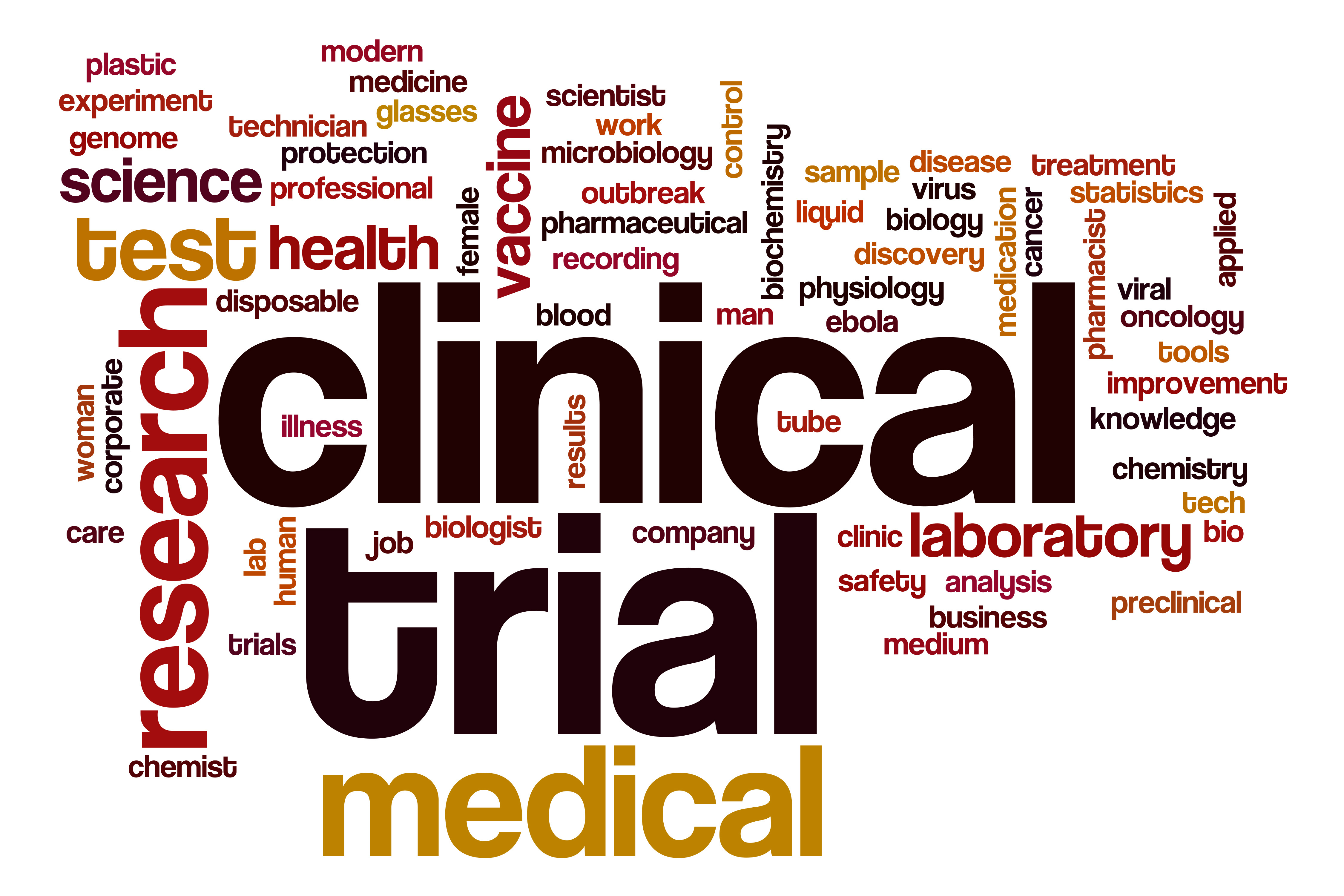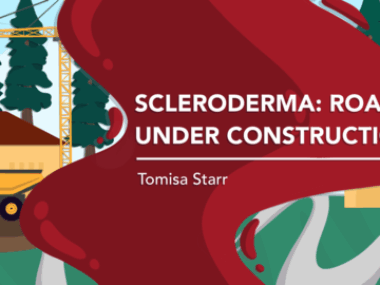Patient with Scleroderma-Related Hand Dysfunction Initiates Cytori’s SCLERADEC-II Trial
Written by |

Cytori Therapeutics, Inc., a company focused on therapeutics and devices in the field of regenerative medicine, recently reported it has enrolled and administered treatment to the first patient in its ongoing SCLERADEC-II trial, a late phase, follow-on European study that aims to evaluate the efficacy and safety profile of Cytori Cell Therapy in patients with scleroderma-related hand affectations.
Cytori Cell Therapy is based on the injection of a clinical-grade preparation of the patient’s own cells (autologous cells) in order to repair the damaged tissue. The therapy is thought to act mainly by inducing an improvement in blood flow, modulating the immune system, and easing wound repair.
The study was designed as a multicenter, double-blind, placebo-controlled study involving a single dose of Cytori Cell Therapy (ECCS-50). SCLERADEC-II will be enrolling as many as 40 patients with scleroderma. Participants will be randomized to receive either the cell therapy or a placebo. The study’s primary endpoint will be measured using the Cochin Hand Function Score after 3 months of treatment, while secondary endpoints will be evaluated using Raynaud’s Condition Score, SHAQ, Pain, modified Rodnan Skin Score, capillaroscopy and functional hand assessment.
At 6 months, those receiving a placebo will have the option to be reassigned to the active arm of the study and receive their cryopreserved cells. If the SCLERADEC-II clinical trial is successful, Cytori will use the findings to support the application for European marketing approval of Cytori Cell Therapy for scleroderma-related hand dysfunction, which was previously designated as an orphan medicinal product by the European Commission.
“The sustained safety and benefit across a number of concordant endpoints in patients that received cell therapy in the SCLERADEC-I trial after 12 months of follow-up was very encouraging. This suggests the possibility that Cytori Cell Therapy may be a useful therapeutic option for patients who suffer from scleroderma,” said in a press release Dr. Brigitte Granel, from North Hospital, Assistance Publique Hôpitaux de Marseille and the Principal Investigator on both the SCLERADEC I and SCLERADEC II trials, conducted by Marseille University Hospital. “We are hopeful that SCLERADEC II will substantiate these findings and help support product approval in Europe.”
The SCLERADEC-II study is also enrolling patients in the United States under the STAR trial, which aims to treat 80 patients in a randomized, double-blind, placebo-controlled, single-dose trial of ECCS-50. Those interested to learn more about the STAR trial can click here. Details on SCLERADEC-II can be viewed through clinicaltrials.gov using identifier NCT02558543.





